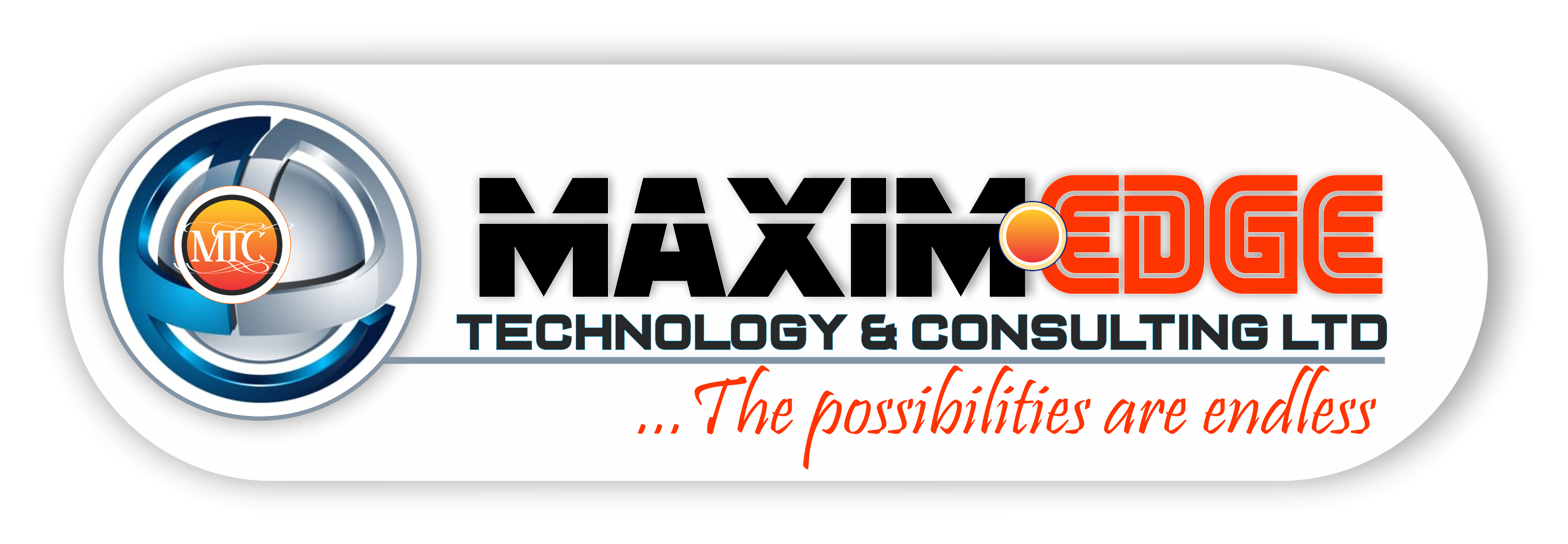
ISO 37001:2016 Anti-Bribery Management System Certification Nigeria
ISO 37001 is an international standard, published by the International Organization of Standardization (ISO) that helps the organizations in establishing anti-bribery management systems (ABMS). Through the framework of this standard, the organizations all over the world, including Nigeria can assess their internal processes for anti-corruption and make changes, if required. Corruption is a global menace. It drains out the resources of an organization and affects the economy of a nation. Therefore, by implementing the requirements of ISO 37001 standard, the organizations in Nigeria can hugely benefit. In addition to that, this standard can be really helpful to tackle the cares of bribery and corruption in that sector corruption becomes a major risk factor. ISO 37001 standards takes into consideration, several scenarios of corruption, such as: • Those that are directly done by the organization • By employees on behalf of the organization • Intermediaries indulging in bribery • Any third party of the organization that are involved in bribery ISO 37001 gives a framework for identifying bribery and planning various actions that would help in preventing or addressing bribery. The focus of this standard on prevention helps the organizations in mitigating the risk of bribery with respect to their own processes as well as across the value chain. This standard also promotes a culture of integrity, ethicality, and transparency within the organization and prepares it in handling any issues related to bribery. Although ISO 37001 certification in Lagos is not a mandatory requirement, it has become an integral part of anti-bribery management of organizations in the country. Moreover, as organizations are increasingly undergoing audits, ISO 37001 certification is becoming a credible proof of integrity. In modern times, with an active media sector, the news of corruption spreads like wildfire. This has devastating effects on the reputation of the organization and causes severe damages to its business. ISO 37001 Apply Online certification standard provides tools and techniques for the organizations to tackle the risk of bribery and corruption and secure the trust of customers in their products and services. It also boosts the morale of the employees’ as it gives them the satisfaction of integrity. It assures the stakeholders of your organization that you have implemented the global standard that is recognized as the international best practices for anti-bribery controls.
ISO Certification in Nigeria, MAXIMEDGE is one of the top leading ISO Certification providers in Nigeria. We provide the best ISO Consultant service in Lagos, Port Harcourt Abuja, Kano, Ibadan, Benin City, Bayelsa, Warri, Nigeria and other major cities in Nigeria with the service of implementation, training, auditing, and registration. We provide different ISO Standards like ISO 27001, ISO 9001, ISO 14001, ISO 13485, ISO 22000, ISO 17025, ISO 45001, and many others
Benefits Of ISO 37001 Certification In Nigeria
• Gives credibility and competitive edge to your organization An effective anti-bribery management system ensures the transparency and integrity of your functions, causing an image boost in the market. • Reduce the cost of intervention The internal processes that regularly assess the key challenges related to bribery and corruption helps in reducing or preventing costs that might be incurred as penalty for such activities. • Improve service and product value a transparent process leads to increased value of product and services. • Boost to your brand’s image the internationally recognised ISO 37001 standard against which you are certified by an independent certification body, such as SIS Certifications, helps in enhancing your reputation in the market. • A proof of due diligence ISO 37001 certification is a proof of your compliance to the anti-corruption laws of the nation. This act as a great defence at the time of related litigation.
ISO 37001:2016 addresses the following in relation to the organization’s activities
• Bribery by the organization’s business associates acting on the organization’s behalf or for its benefit;
• Bribery in the public, private and not-for-profit sectors;
• Bribery by the organization;
• Bribery of the organization’s business associates in relation to the organization’s activities;
• Bribery by the organization’s personnel acting on the organization’s behalf or for its benefit;
• bribery of the organization;
• Bribery of the organization’s personnel in relation to the organization’s activities;
• Direct and indirect bribery (e.g. a bribe offered or accepted through or by a third party).
Why Work With Us
- MAIN HOME PAGE
- ISO CERTIFICATION
- CE CERTIFICATION
- THIRD PARTY AUDIT SERVICES
- ISO TRAINING SERVICES
- INTERNATIONAL STANDARDS
- ISO DOCUMENTATION
Brochures
stay in touch with Us






